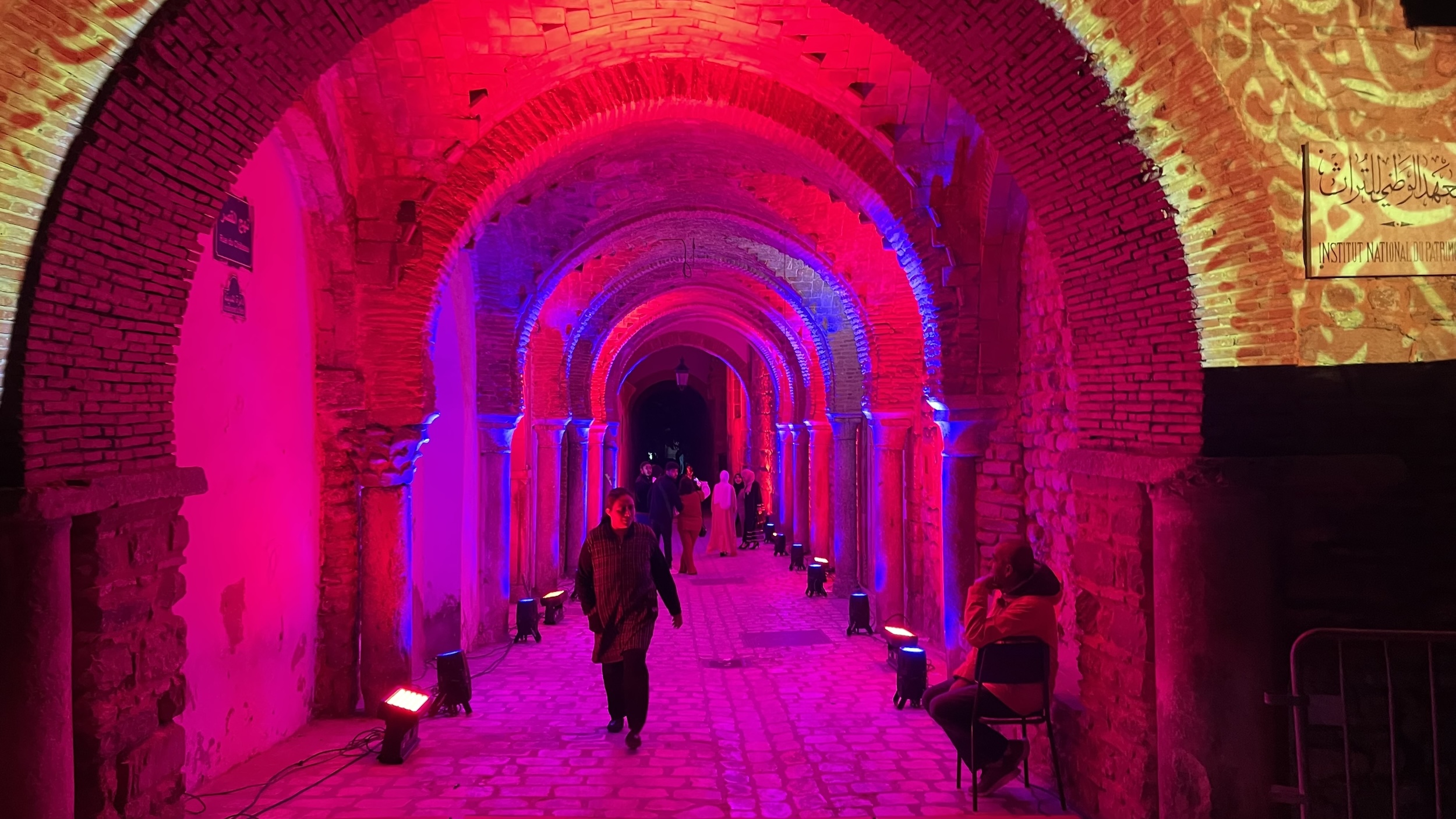Tunisia has officially launched RÉG-TOUR – Regulatory Reforms for Sustainable Tourism in Tunisia, a two-year initiative that marks a decisive step towards a more inclusive, formalised, and environmentally responsible tourism model.
Implemented by Leaders International, in partnership with Helvetas Swiss Intercooperation, and funded by the Swiss State Secretariat for Economic Affairs (SECO) under the Destination Durable Tunisie (DDT) programme, RÉG-TOUR supports the country’s National Tourism Strategy 2035. Its overarching goal: to establish an enabling framework that fosters sustainable growth and empowers local actors within Tunisia’s evolving tourism landscape.
Focusing on the regions of Djerba and Dahar, the project seeks to strengthen the legislative and regulatory environment for sustainable and alternative tourism — a dynamic yet under-regulated segment of the national tourism economy. RÉG-TOUR aims to identify and address key regulatory gaps, with an initial focus on two “quick win” reforms:
The legal recognition and professionalisation of local and hiking guides, and
The formalisation of guest-table (tables d’hôtes) activities, ensuring quality, visibility, and inclusion for small-scale operators.
Adopting a participatory, evidence-based approach, RÉG-TOUR works closely with the Ministry of Tourism and Handicrafts (MTA), the National Tourism Office (ONTT), and professional federations to co-develop practical tools and policy proposals. These reforms aim to enhance compliance, service quality, and fair competition, while paving the way for more resilient and locally rooted tourism models.
By the end of the project, 105 local guides, 45 guest-table operators, and 50 guesthouses will have benefited from tailored training and technical support. In parallel, three regional ONTT offices will be strengthened to sustain and oversee these reforms beyond the project’s duration.
Ultimately, RÉG-TOUR contributes to Tunisia’s long-term vision of a diversified and sustainable tourism sector — one that uplifts communities, improves livelihoods, and positions Tunisia as a regional leader in responsible and community-based tourism.



